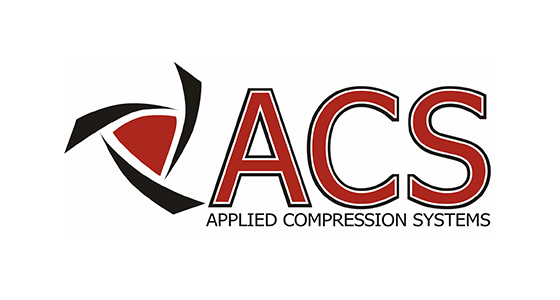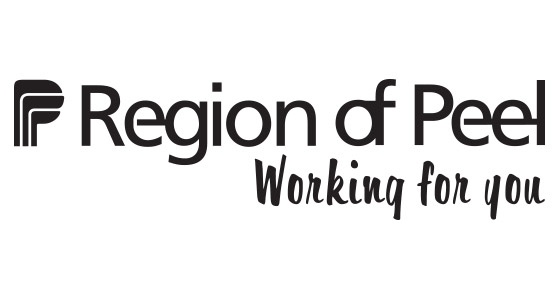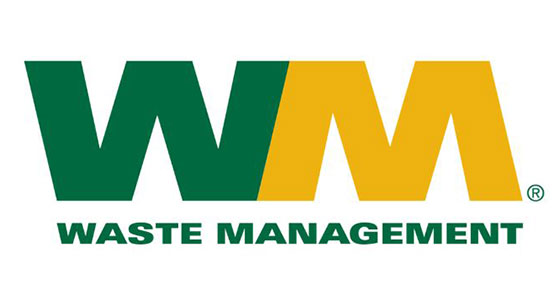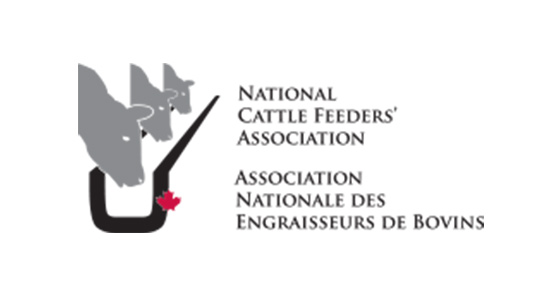February 10, 2021

Last year the Government of Canada joined more than 100 countries in pledging to achieve net-zero carbon emissions by 2050.
On February 8, the Canadian Institute for Climate Choices, an independent climate advisory body, released its long-awaited report on how Canada can fulfill that commitment. Using extensive modeling, the report details no fewer than 62 pathways for Canada to reach net-zero carbon emissions by 2050, with each pathway using different combinations of technologies and abatement opportunities.
Biogas and Renewable Natural Gas (RNG) are called upon in every single pathway. In other words, there is no scenario in which biogas and RNG will not be part of Canada’s net-zero future.
The report calls biogas and RNG “safe bets”. As opposed to “wild cards”, these are solutions that it says are commercially available and scalable now. The report recommends that safe-bet solutions like biogas and RNG be deployed “without delay”. It calculates that safe bets like biogas and RNG will account for at least 64% of Canada’s emission reductions by 2030, and up to 66% of the total emission reductions needed to reach net-zero in 2050.
The biogas and RNG sector has long known that we are one piece of the puzzle in a low-carbon energy system. The new report from the Canadian Institute for Climate Choices helps clarify just how big that piece is. It states that bioenergy, including biogas, RNG and other biofuels together could cut as much as 127 Mt of emissions per year in 20501. Meanwhile, RNG alone could contribute up to 62 Mt of emission reductions per year, on the same timeline, by replacing natural gas in existing natural gas networks.
- Bioenergy (incl. biogas, RNG & biofuels): 127 Mt of reductions in 2050
- Renewable Natural Gas: 62 Mt of reductions in 2050
- Renewable gases (RNG & Hydrogen) could satisfy up to 32% of today’s natural gas demand in 20502
The report also notes that RNG is quickly deployable, particular in comparison to hydrogen, because it blends seamlessly into existing natural gas infrastructure.
Biogas and RNG are not a silver-bullet solution. Canada’s supply of potential feedstocks is limited. But studies show that there is about 8 times more biogas and RNG for Canada to cost effectively tap.
Now is the time for provincial governments to implement supportive policies to increase adoption of RNG in natural gas distribution networks, and now is the time for the federal government to make generational investments to help biogas projects multiply across the country.
The biogas and RNG opportunity is waiting. The sooner that Canada makes these moves, the sooner we accelerate good jobs, clean energy and the reduction of carbon emissions across Canada.
1 Navius Research (2021) “Achieving net zero emissions by 2050 in Canada: An evaluation of pathways to net zero prepared for the Canadian Institute for Climate Choices”, P.31
2 Canadian Institute for Climate Choices (2021) “Canada’s Net Zero Future: Finding our way in the global transition”, P.43











